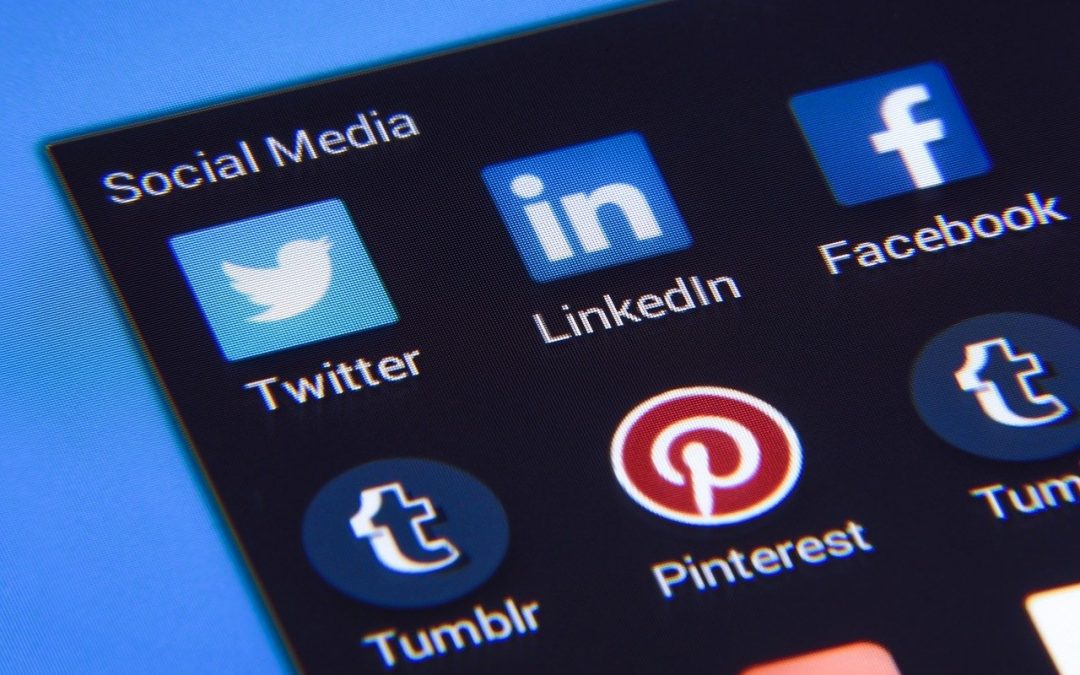The treatment of personal data became mainstream when the General Data Protection Act (GDPR) came into force in 2018. Written into many countries’ laws, like the Data Protection Act (2018) in the UK, organisations that process personal data need to comply with these laws.
Whilst the breadth of these laws is beyond the scope of this article, one of the key items to touch on, is the control that an individual has when it comes to the use of their personal data. This has probably been successful to varying degrees with larger and more reputable organisations – one would hope – complying.
Take Back Control of Your Personal Data
However, it is not compliance that is annoying me right now. It is the massive monetisation of our personal data. Take any of the ‘free’ products or services available right now. If something is free, then it is most likely that you are the product. Take a look at Facebook. A pretty decent way to stay in touch with friends, buy and sell things, build communities, and post videos of cats. All for free. Or is it?
It is your personal data that allows Facebook to earn huge revenues. In 2020, Facebook earned $86 billion from a base of 2.6 billion active users. That is $33 per user for the year, or $11 per user, based on net profit. This is Facebook’s business model. Charging their customers to position very specific ads in your Facebook feed.
Get Paid to Use a Social Network
Of course, Facebook could have taken a slightly different approach and instead charged users $33 per year for the service, with no advertising. My guess is that they wouldn’t have as many users. A while back, I ran a survey to try and understand how much people would pay for a similar service. The results varied from ‘I would not’ to ‘$10 per month’. It would be interesting to see how many users would stay on the platform, would Facebook start to charge $10 per month.
This got me thinking about things. What if there were a way that more control could be given back to us. I guess by control, I mean getting paid for our personal data to be used.
Reimagining the Social Network
What if a platform, similar to Facebook, paid users for their data to be used for advertising purposes? Now, this could be done in several ways. Before we figure this out though, there are a few principles that a new (or existing platform) would need to meet:
- The platform would need to be attractive to, and provide value to users
- The platform would need to be attractive to, and provide value to advertisers
- The platform would need to generate revenue and profit so that it could cover its costs, and of course reward and incentivise its owners and staff
- User data should be beyond secure and enjoy the highest protection
- The platform should have a network effect to grow, i.e. the more users on the platform, the more valuable it becomes to other users. Just like any social media platform, or the telephone system
- Individuals would need to decide which data points they choose to share with advertisers
- Whilst personal data might be used to sell advertising, the personal data should never be provided to third parties (like Cambridge Analytica got access to Facebook user’s data)
- Users of the platform should not be able to game the system to earn more from their data than they normally might
How then might a platform look? More specifically, what would its unique selling proposition be? A collection of features and benefits to rival Facebook, Snapchat, or Twitter? Or the fact that users of the platform were paid to use it? This is where there is some work to be done.
A project of this nature would not be without significant challenges. The most obvious are:
- The large number of platforms competing for users’ attention
- The acquisition of users
- The investment needed to run the platform till break-even and profitability were reached (it took Facebook five years to make a profit)
- Compliance with various regulations in the countries in which the platform would operate
This would certainly not be an easy journey but there are a few things that might help. Cloud computing was in its infancy when Facebook launched. This would negate the need for expensive infrastructure investment. The rise of low and no-code may also play a role in establishing a new platform.
Having written this post, I now have more questions than when I started. Would it be possible to bootstrap a project like this? Would it be possible to grow without outside investment? Are low or no-code tools an option? How many users would one need to create a network effect? How many users would one need to attract advertisers or sponsors?
It might be exceptionally difficult to do something like this, but I think that social media users deserve something better. They deserve more control over their data and they deserve a share of the rewards.
I’m going to get started on this. Who wants to join me and build the next generation of social media?

